In 2012, a fledgling company called Carta set out to revolutionize the chaotic world of startup equity management—facing immense challenges and industry skepticism along the way.
"We have to build an organization that's constantly looking for new markets to go after."
Here’s what you’ll learn:
The frustrating equity problem that no one had solved—until Carta stepped in.
The innovative approach Carta took to address this widespread issue.
How this move helped Carta dominate the startup equity space.
The tipping point that made Carta’s Cap Table Simulator a startup essential.
How this single tool became a must-have for founders and investors
If you want to unlock your potential like Carta, check out our sponsor below:

Unlock AI Potential with AI Maturity Audit

Feeling overwhelmed by AI? Brewster’s AI Maturity Audit delivers a clear roadmap and real AI use cases in just 60 days—guaranteed, or your money back. Get the clarity to confidently integrate AI into your business.

The Problem That Led to a Revolution
Back in 2012, Carta (then eShares) was a startup with a mission: to modernize the way startups managed equity. At the time, the startup ecosystem was booming, but most companies were still using outdated tools like spreadsheets to track equity. These were slow, error-prone, and simply couldn’t scale as startups grew.
The growing complexity of managing equity—especially as more startups sought outside investors—was a huge pain point. Investors needed real-time access to equity information, and founders needed a more efficient, transparent way to track ownership.

Investors were tired of reviewing outdated Excel spreadsheets to track equity ownership.
Carta saw this as a golden opportunity to create something new, but it was going to take more than just improving existing tools like static, outdated Excel sheets—it was about rethinking the entire approach.
The stakes were high: if Carta could solve this problem, it could revolutionize equity management for startups. If they couldn’t? Their growing company risked fading into irrelevance.

Publish and Sell Books Your Way
Lulu makes it easy for creators like you to publish their work. With affordable, high-quality print-on-demand books, you can grow your brand, reach a global audience, and keep 100% of your profit.

The Bold Strategy That Changed Everything
Instead of just tweaking existing systems, Carta set out to create something entirely new: the Cap Table Simulator. This wasn’t just another spreadsheet replacement. It was a dynamic, real-time tool that allowed founders and investors to simulate different equity scenarios, giving them insights into how ownership would evolve.
The team at Carta focused on what mattered most to their customers: transparency, accuracy, and simplicity. They didn’t try to build a complex financial forecasting tool. Instead, they listened to their users—founders, investors, and lawyers—and crafted a tool that would empower them to make smarter decisions.
But this was no small feat. There were plenty of other solutions they could have pursued. Yet, Carta doubled down on simplicity and real-time clarity, which turned out to be exactly what the market needed. The team wasn’t just hopeful—it was confident. They knew if this tool worked, it could completely transform the startup world.


Sponsored
Hunter's Insights
Keep Up with the Latest Amazon Seller News and Insights! Your Essential Weekly Source - Delivered Every Wednesday

Sponsored
Carbon Finance
The #1 visual investing newsletter. Read by 30,000+ investors.

Sponsored
Girdley's Letter
Essential insights for business owners.

A Game-Changer for Startups
The Cap Table Simulator revolutionized the way startups think about equity. It quickly became an essential tool for startups, helping Carta build a massive competitive advantage. Founders could finally manage their equity efficiently, and investors could track ownership with ease, knowing they had accurate, real-time data.
Today, Carta is the go-to platform for equity management, serving thousands of companies worldwide. The Cap Table Simulator wasn’t just a new feature—it was the key to Carta’s success and a catalyst for the company’s rapid growth.
The big takeaway? Carta’s success wasn’t about luck. It was about understanding a critical pain point in the startup world and creating a solution that was simple, transparent, and powerful. It’s a lesson that every entrepreneur can learn from: When you solve a real problem with clarity and strategy, the results speak for themselves.

🍫 Snackable Stats
$150 Billion – The number of assets under Carta’s administration
$3 Trillion – The number of assets on Carta’s platform
2,391,436 – The number of equity owners using Carta’s platform
50,000 – Companies served by Carta
1,979 – The number of employees at Carta
🍭 More Sweet Reads
Microsoft Overtakes Apple as the World's Most Valuable Company
Amid escalating trade tensions and steep tariffs, Apple loses its crown as the world's most valuable company to Microsoft. Discover the factors that led to this seismic shift in the tech hierarchy.
Apple’s Midnight Airlift: The $770M Tariff Dodge You Didn’t See Coming
Apple secretly flies 600 tons of iPhones out of India to outmaneuver U.S. tariffs—here’s how they pulled off a global logistics flex worthy of a thriller.
Prada Strikes $1.4 Billion Deal for Versace
Prada finalizes a $1.38 billion deal to acquire Versace, navigating through market volatility and internal challenges.
No one knows how to define a 'podcast' anymore — and it's become a problem
As video content increasingly infiltrates the podcasting realm, industry insiders grapple with evolving definitions and the resulting challenges for advertising strategies.
Interested in reaching our audience? You can sponsor our newsletter here.
